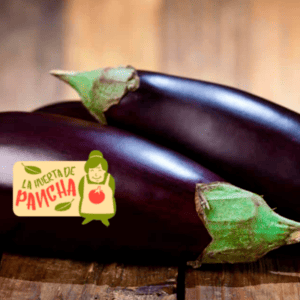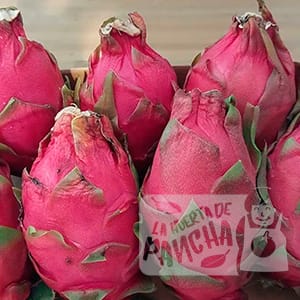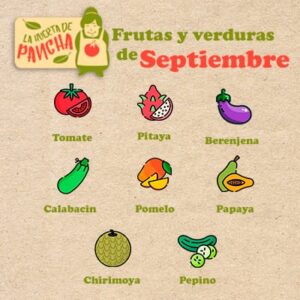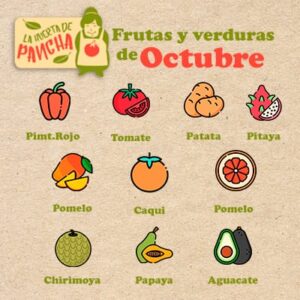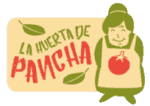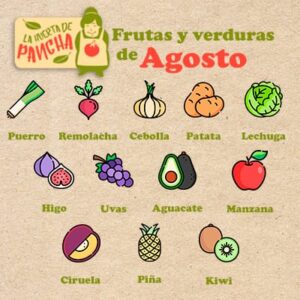
Kilometre Zero Fruit and Vegetables
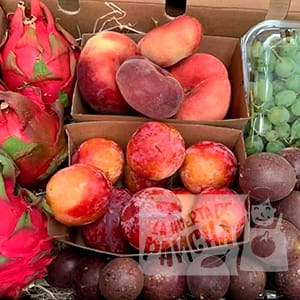
In a world increasingly aware of the importance of healthy and sustainable eating, zero-kilometre fruit and vegetables have become an increasingly popular choice. These foods, grown and harvested close to where they are consumed, offer numerous benefits for both our health and the environment.
In this post, we will explore in depth what zero-kilometre fruit and vegetables are, why they are such a recommended option and how we can incorporate them into our daily diet.
What are Km 0 products?
Km 0 products, also known as proximity products, are foods that are produced and consumed within a close radius, usually 100km. This means that zero-kilometre products are grown, processed, distributed and consumed in the same region or geographical area.
Advantages of eating zero-kilometre fruit and vegetables
There are many advantages to eating zero-kilometre fruit and vegetables. Among them, at Huerta de Pancha we particularly value three: greater freshness and taste of fruit and vegetables, reduction of the carbon footprint and, of course, support for local farmers and the global economy.
Increased freshness and flavour
Local and zero-kilometre products are harvested at their optimum point of ripeness, which guarantees that they reach our tables in their freshest and tastiest state. As they do not have to travel a long way to reach consumers, zero-kilometre fruit and vegetables do not need to undergo lengthy preservation processes or chemical treatments to maintain their quality.
In short, by consuming zero-kilometre fruit and vegetables, we obtain a more authentic flavour and a crunchier texture, as they retain all their nutritional properties intact.
Carbon footprint reduction
The carbon footprint refers to the amount of greenhouse gases emitted during the production, transport and consumption of a product. By consuming zero-kilometre fruit and vegetables, the carbon footprint is significantly reduced, as these foods are grown and sold locally, thus avoiding long journeys for distribution.
Moreover, production in large factories can release these greenhouse gases, and most local productions are hand-harvested, so they avoid that part as well.
Local production tends to be more traditional and less chemical-intensive, which contributes to the conservation of biodiversity and the protection of natural resources.
Supporting local farmers and the regional economy
By buying zero-kilometre products, we are supporting farmers in our area who are dedicated to growing and harvesting fruit and vegetables in a sustainable way. This means that we are helping to keep the agricultural tradition of our region alive and to generate local employment. In addition, by buying directly from farmers, we cut out the middlemen and allow them to get a fair price for their work, which helps strengthen the local economy.
How to find Km 0 products
In the quest for a healthier and more sustainable diet, more and more people are interested in consuming zero-kilometre products. These foods are also known as local foods.
One of the easiest ways to find zero-kilometre fruit and vegetables is to look for local producers near you. For example, in the Axarquia area of Malaga, you can buy fresh, local produce at Huerta de Pancha.


